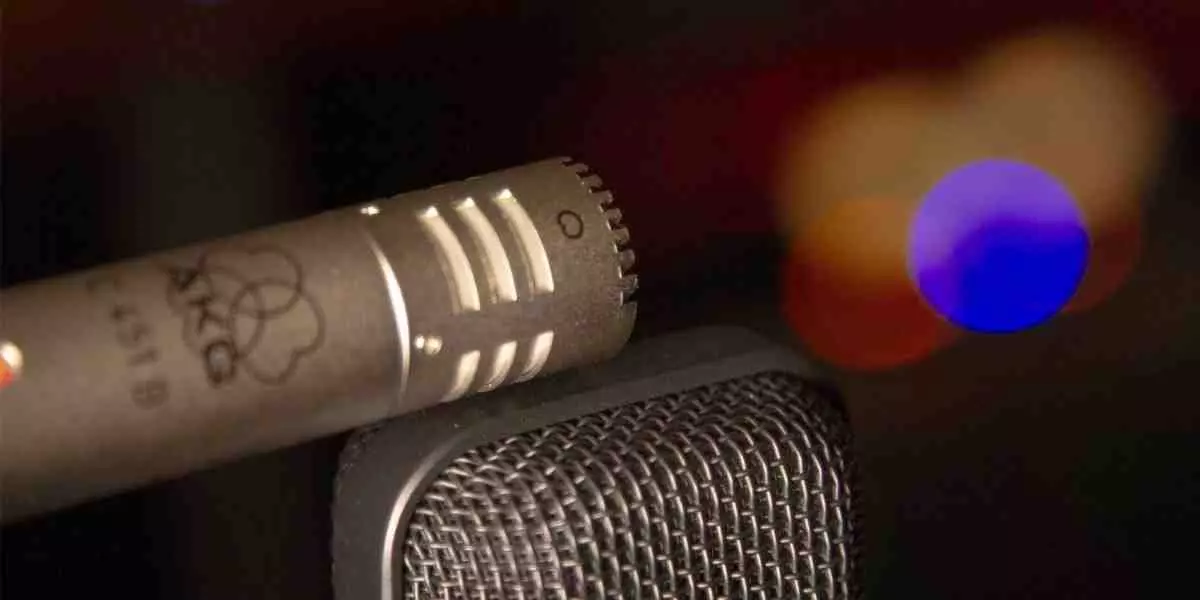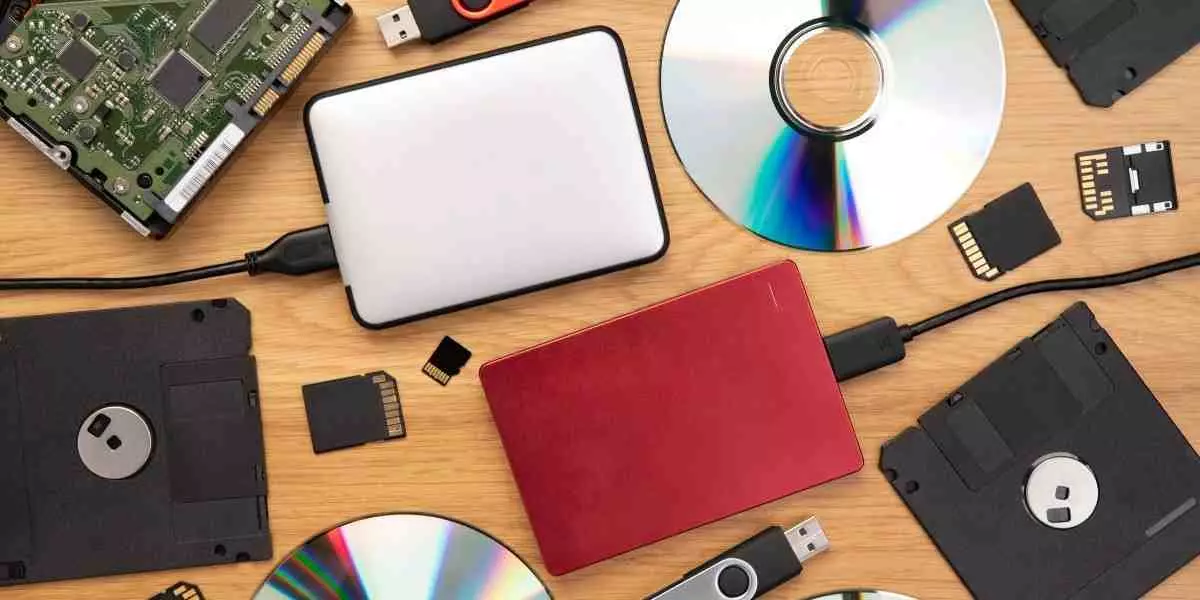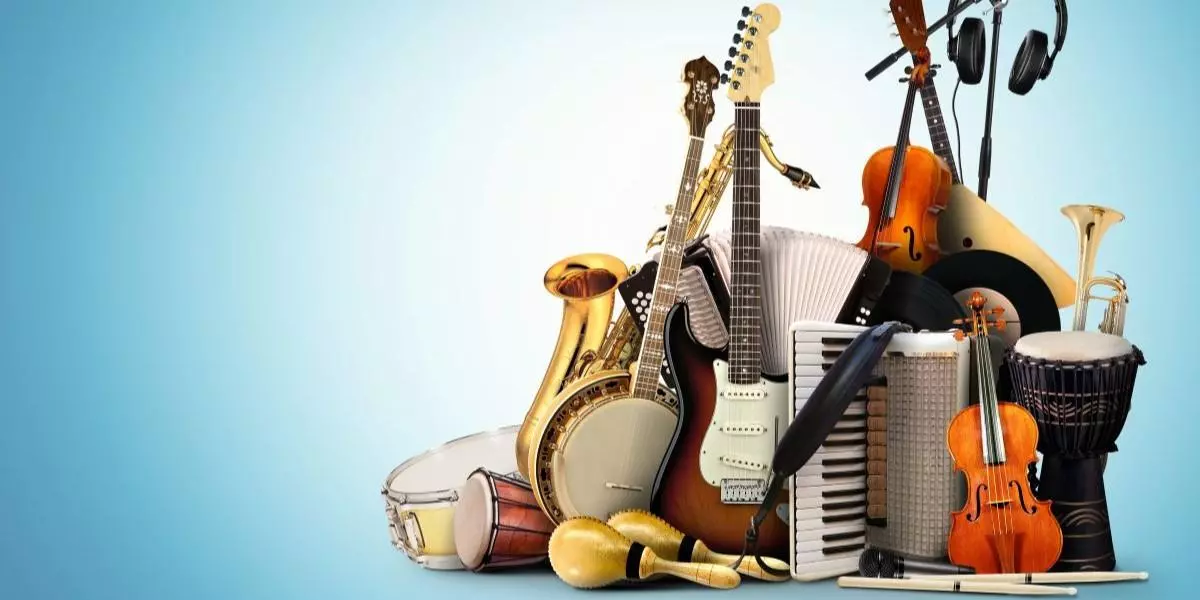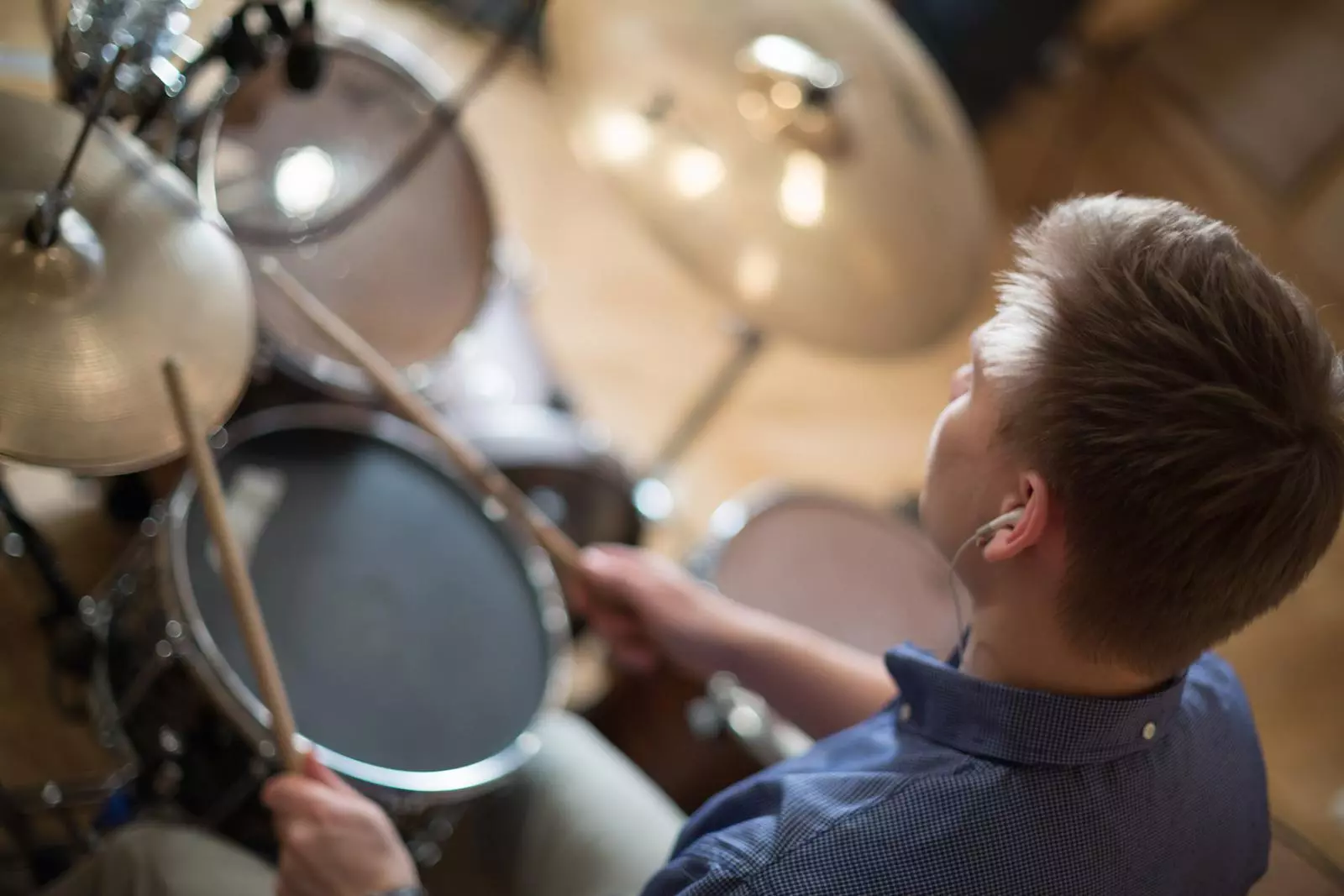How to Get More Enjoyment out of Practicing
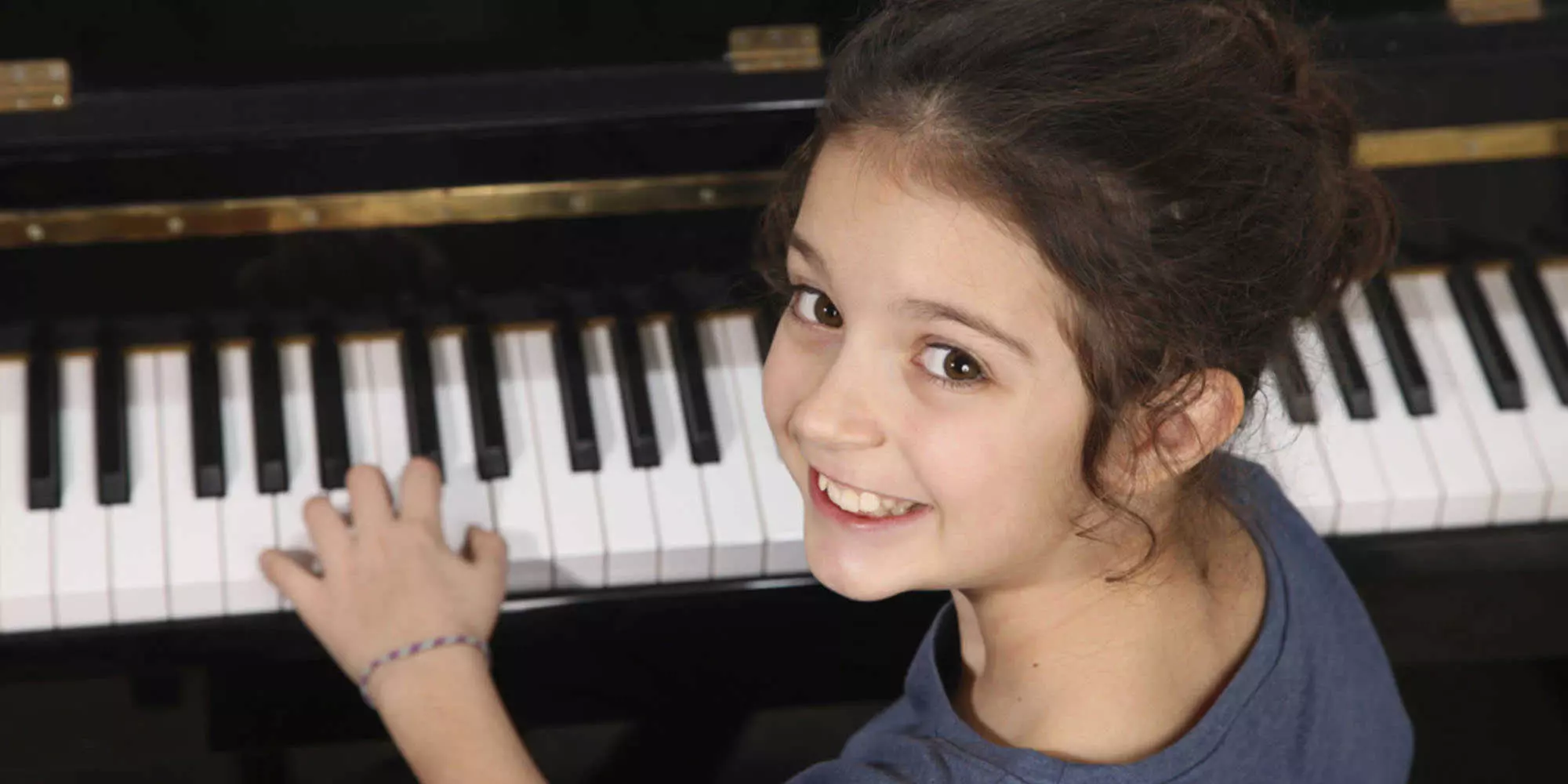
Practice. It can seem like a dirty word at times, but it is essential if you want to get better at playing your instrument. Sometimes it seems so easy and natural that you wonder where the talent came from, and other times it feels like a tedious chore. Here are a few ideas to help get the most out of time spent practicing.
KEEP IT FUN!
To many this seems obvious, and that having fun is the whole reason why you study music at all! But there are times when practicing music feels more like work than a hobby. Beginner students are especially prone to this; something inspired them to want to pick up an instrument, but then they realize quickly that learning the basics isn’t as glamorous as they had originally thought.
Advanced players can also go through a similar feeling when trying to learn a piece that’s more challenging than they thought, or if they have a performance coming up that requires drilling the same pieces over and over.
You don’t work music – you play music! It’s important to remember what got you excited to play in the first place, and to feel the elation when you finally figure out how to play something you always wanted to learn. Celebrate small victories and keep expectations manageable to help keep music fun. When you’re having fun, you learn much faster!
MUSIC IS A LANGUAGE
Learning the theory of music can seem boring. Repeating scales, chords, triads and patterns gets dull pretty quickly, and that’s because it really doesn’t take your brain very long to recognize the simple patterns in music and replicate them. But attempting to learn music just by drilling exercises is like trying to learn a different language by reading a dictionary; sure, the words are all important, but without context they mean nothing.
Music is a universal language. It can be understood and appreciated regardless of which language you speak, and without the need to understand why it sounds objectively good. With a spoken language, once you know a few words, you can string together basic sentences that make sense, and you can get by in a conversation. Music is the same; all it takes is a few basic chords to be able to play some songs that sound good to the listener.
As with any language, the greater your vocabulary, the more complex ideas you can express. For example, knowing the patterns for different modes and key signatures (as well as the relationships between them), gives you more “tools” to build compositions, and more freedom to articulate musical ideas. The better you know the musical language, the easier it will be to say what you’re trying to say without having to think about which notes and rhythm to use.
GIVE YOURSELF TIME
As important as it is to maintain a healthy practice routine, it is equally important to allow your brain time to absorb what you’ve learned. Often enough, when you’re excited about learning something new, the knee-jerk instinct is to keep at it until you get it right. Sometimes that can be rewarding, but often, repeating the same thing over and over just tires you out and slows your retention to a crawl. Rome wasn’t built in a day, nor will anyone become a virtuoso overnight. So rather than “powering through it”, try taking a break, even a short one, to give the brain enough time to relax before trying it again.
The result is that instead of taking several hours to perfect something, you can get the same task accomplished in a much shorter amount of time. Alternately, if you really want to keep working rather than breaking from music, the same effect can be achieved by taking a break from whatever piece you’re working on and playing something else for a bit.
IMPROVISE - AND DON’T BE AFRAID TO PLAY THE WRONG NOTES
Improvisation is a lot of fun, and it’s the pathway to writing your own music. You’re not necessarily talking about intense polyrhythmic jazz lines in hybrid time, but just taking some of the things you’ve learned from playing what others have written and changing it around a bit. This can mean changing the melody over the same chords, changing the order of the chords being played, changing the time signature, swinging the groove, and many other things.
In the words of Victor Wooten, “We need to learn theory well enough that we can be wrong with it”. The whole point of learning musical “rules” is so that you can break those rules effectively! That’s not to say that you need theory to have some fun with music. Never be afraid to step outside of the “box” and play something that sounds “wrong”; the more you play the “wrong” note, the more “right” it starts to sound! Sure, the “right” notes sound nice, but the “wrong” notes give music a unique feel. Focus on the feeling, not the theory. Victor also says, “Theory is a tool, and like riding in a car the tools are in the trunk. They’re not in the passenger seat. I hope I never need the tools”.
CONCLUSION
How you feel about learning music is all about how you frame it. If you think “Music is going to be difficult to get any good at, it’s a lot of hard work, and theory is boring”, then that will be true. But if you think “Music will be an interesting challenge, it will require a lot of playing, and theory is its language”, then that will be your truth.
Keeping music fun, giving yourself time and space to absorb it, and trying new things is a solid recipe for improving quickly. But should you ever get stuck, or need a hand re-kindling the passion that got you started on this journey, you can always book some sessions with one of the professionals at a Long & McQuade lesson centre to show you a technique you may have missed along the way.
Chad has been playing music for 37 years, writing for 27, and recording and producing for 18. He works at Long & McQuade in Cambridge, ON.



